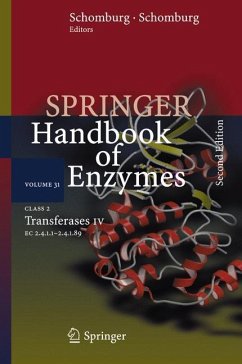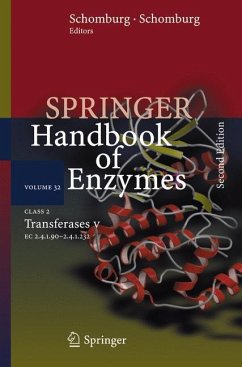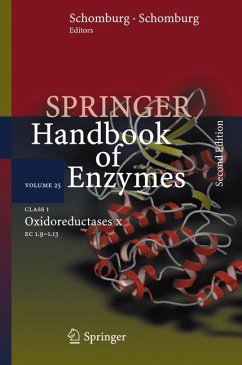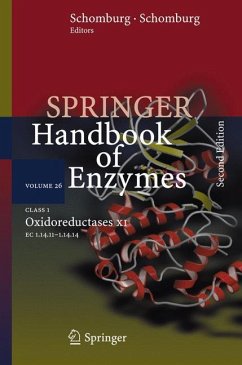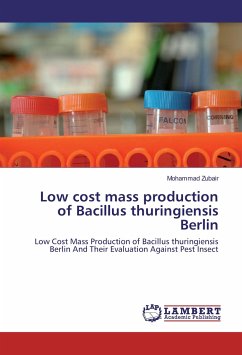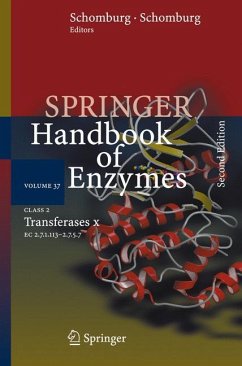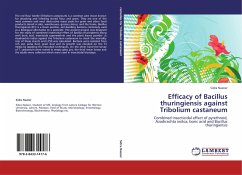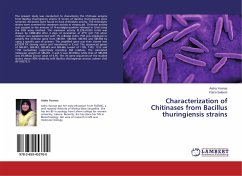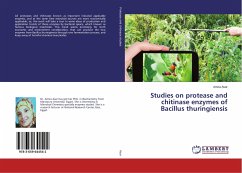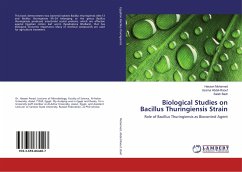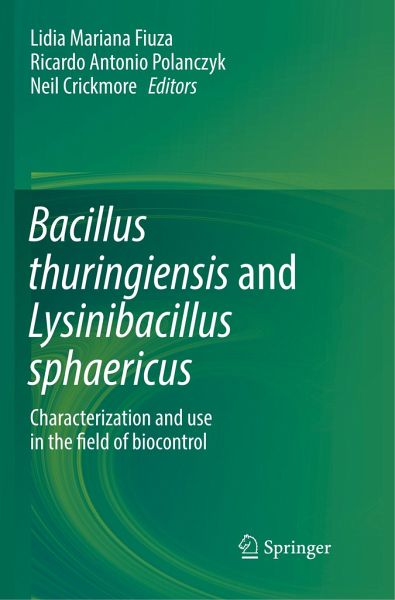
Bacillus thuringiensis and Lysinibacillus sphaericus
Characterization and use in the field of biocontrol
Herausgegeben: Fiuza, Lidia Mariana; Polanczyk, Ricardo Antonio; Crickmore, Neil
Versandkostenfrei!
Versandfertig in 6-10 Tagen
76,99 €
inkl. MwSt.

PAYBACK Punkte
38 °P sammeln!
This volume presents a comprehensive perspective of the biopesticides Bacillus thuringiensis and Lysinibacillus sphaericus, from their basic biology to agriculture, forestry and public-health applications. It covers their ecology, virulence factors, and genetic characterization. The topics related to agriculture and forestry include mode of action, receptors of insect pests, and heterologous expression of toxins in insect cells and plants. Public-health researchers will find information on vector control programs with an emphasis on the Neotropical region. The book also discusses new products ...
This volume presents a comprehensive perspective of the biopesticides Bacillus thuringiensis and Lysinibacillus sphaericus, from their basic biology to agriculture, forestry and public-health applications. It covers their ecology, virulence factors, and genetic characterization. The topics related to agriculture and forestry include mode of action, receptors of insect pests, and heterologous expression of toxins in insect cells and plants. Public-health researchers will find information on vector control programs with an emphasis on the Neotropical region. The book also discusses new products and the global market.



